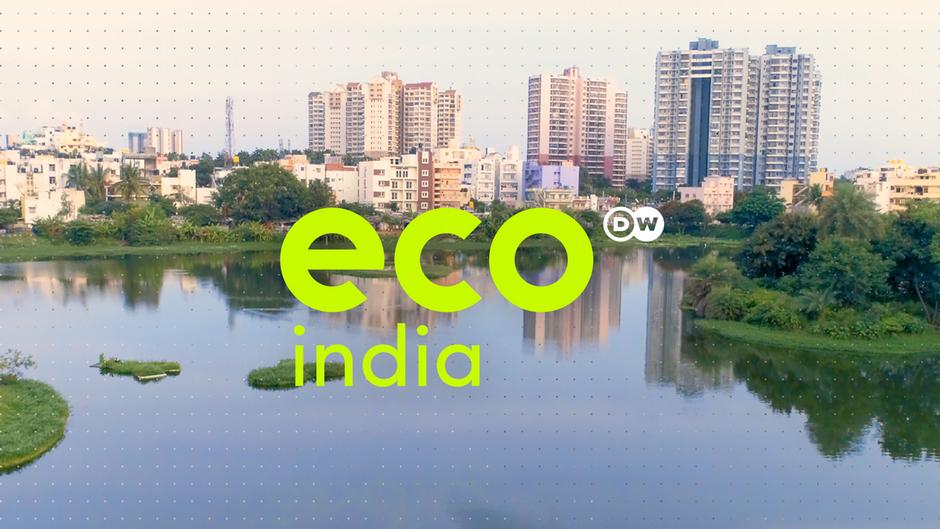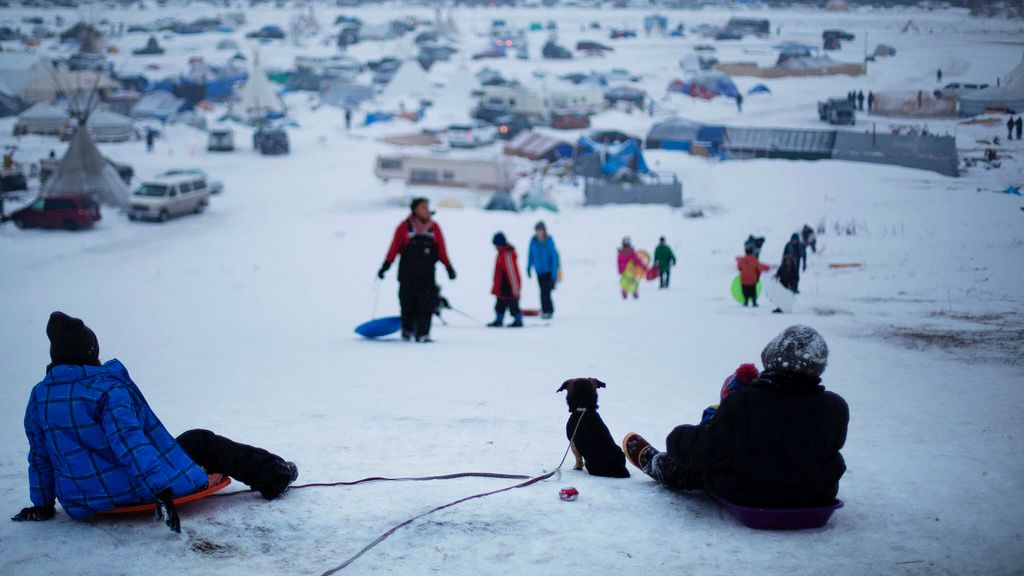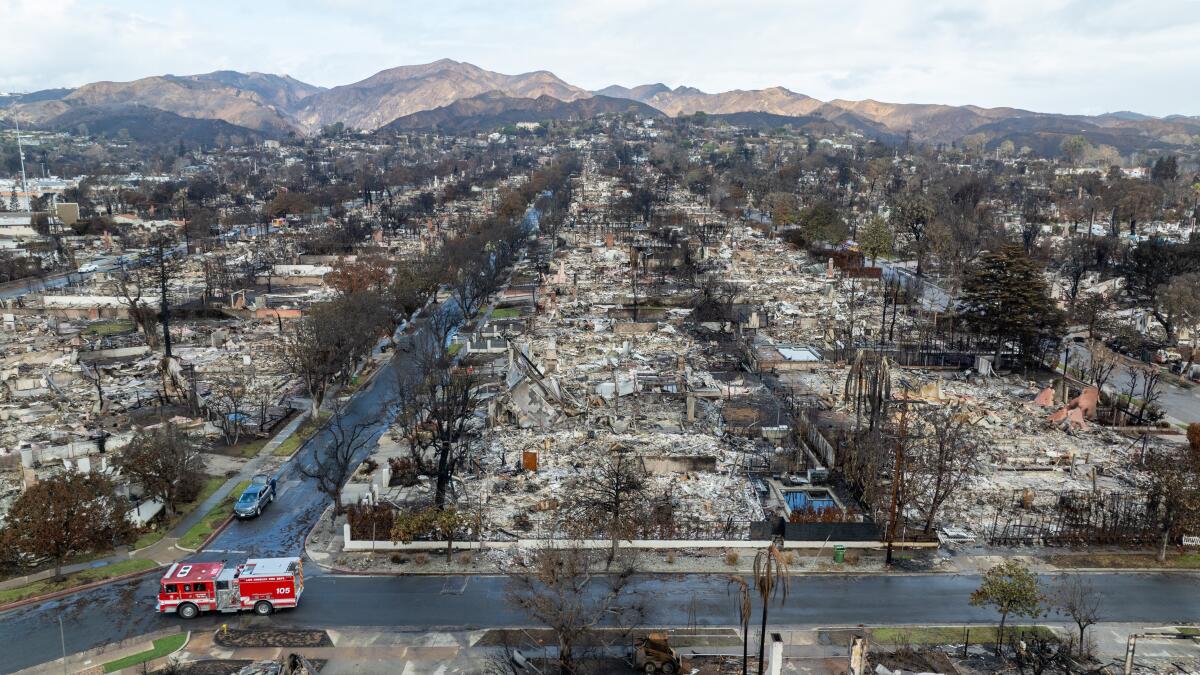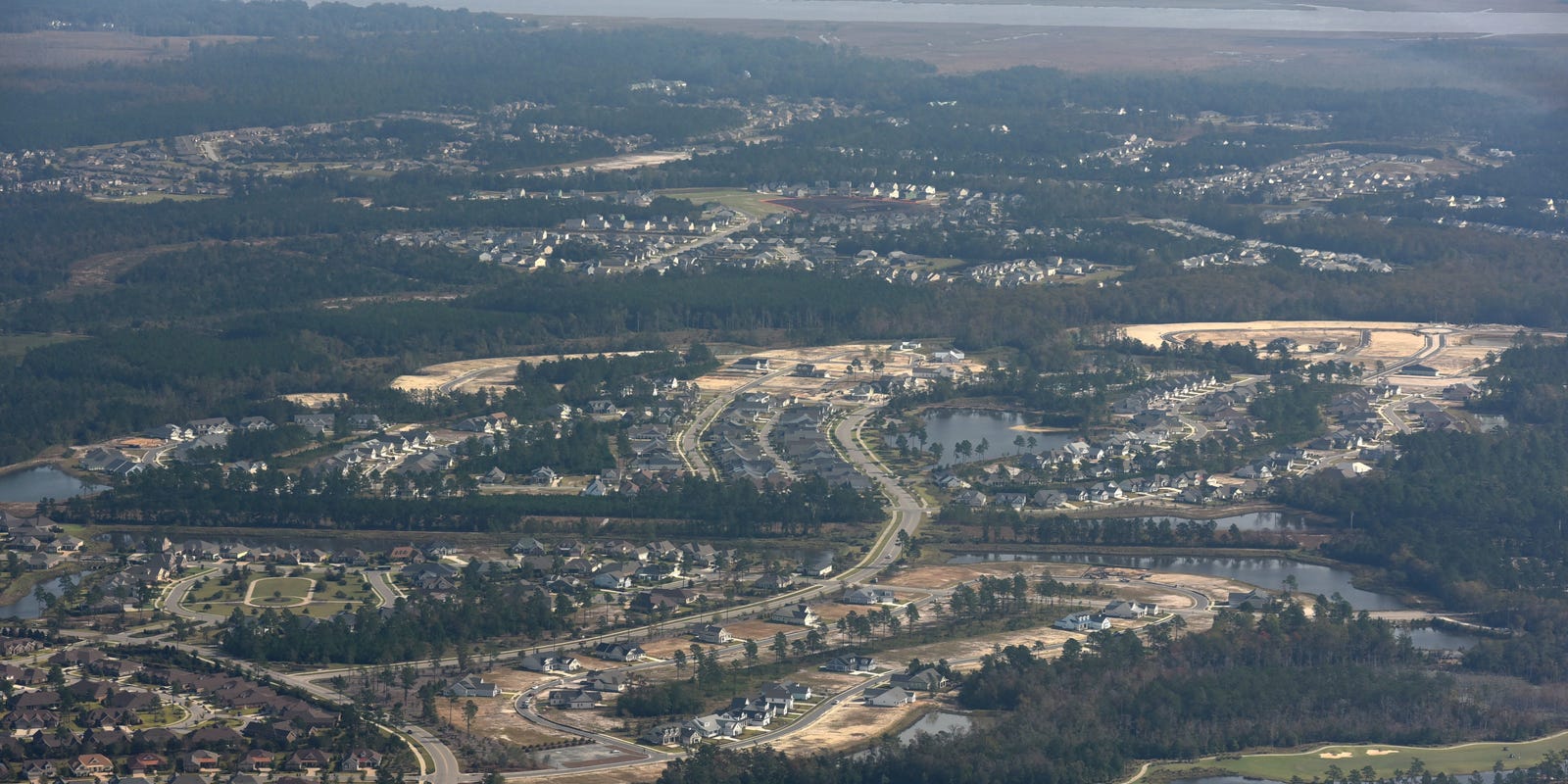Liquid Crisis: When Water Becomes Both a Flood and a Drought

Climate Change: The Dual Threat of Floods and Droughts - A Global Adaptation Challenge
As our planet undergoes dramatic climate transformations, communities worldwide are facing unprecedented environmental challenges. From the lush landscapes of Kerala, India, to the rural regions of Assam and the drought-stricken areas of Germany, the impacts of climate change are becoming increasingly stark and unpredictable.
In Kerala, rising temperatures and erratic rainfall patterns have not only disrupted local ecosystems but also forced wildlife like snakes to seek new habitats, creating complex human-animal interactions. Meanwhile, in Assam, innovative approaches to flood resilience are emerging, with communities designing homes that can withstand rising water levels and protect vulnerable populations.
Across the globe in Germany, water scarcity has become a pressing concern. Once known for its reliable water resources, the country now grapples with prolonged dry spells that challenge agricultural practices and urban water management.
These diverse experiences highlight a critical global reality: climate change is not a distant threat, but a present-day challenge demanding creative, localized solutions. Communities are learning to adapt, innovate, and build resilience in the face of increasingly unpredictable environmental conditions.
As we move forward, collaboration, technological innovation, and community-driven strategies will be key to navigating these complex environmental shifts and securing a sustainable future for our planet.








